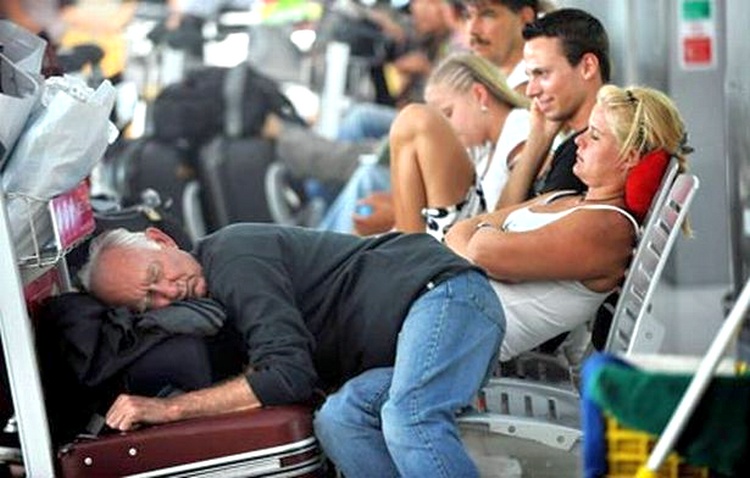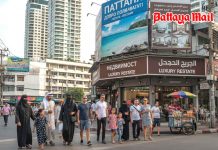
The Tourist Authority of Thailand is pressurizing the government to allow most vacationing foreigners to visit Thailand for up to three months without obtaining a visa from their local Thai embassy abroad. Visitors from 64 countries (including Brits, Russians, Australians, Americans and most mainland Europeans) are already visa-exempt. They obtain 30 days free-of-charge on arrival which can be extended for a further month at Thai immigration on payment of 1,900 baht. If the Thai Cabinet, as expected, accepts the proposal, these periods would become 45-plus-45 days for a total of three months.
A similar discretion would apply to those from 19 countries (including mega-markets China and India) whose citizens require a visa-on-arrival costing 1,900 baht (US$54) at Thai airports. Currently, they receive only 15 days but would now receive 45 days plus a further 45 days extension. TAT is also proposing abolition of the fee, but this is thought less likely for budgetary reasons. The movement towards 90 day entry without involving embassies in the home country is partly to end visa application delays, but more especially to encourage longer stays and higher spending.

Thai authorities seem determined right now to ease entry for foreigners. Pre-flight and online registration, anti-Covid insurance and even the TM6 address card have all been suspended. Arriving passengers no longer have to fill in any forms, although Ministry of Health officials may conduct random health checks on anyone looking ill. The experience compares favorably with Cambodia, for instance, where all foreigners must fill in a visa application, a health questionnaire and a customs declaration all collected at different desks.
Yuthasak Supasorn, the TAT governor, this week also announced that the 300 baht tourist fee, to be levied on foreigners, would not now be implemented for “one or two years” as the imperative is get tourist numbers up from the doldrums. The tax had been heavily criticized as not worth the hassle. Security expert Colin Ross said Thai authorities had finally realized that form-filling was a poor way of monitoring foreigners. “Computerization of records and tracking people’s GPS location via mobile phones makes a lot more sense,” he said. He added that once virtual passports replace the documentary version, travellers’ identity and biometrics would be stored in a cloud. No need to carry the passport or fear it being stolen. But that’s a few years away yet.
 |
 |
 |





